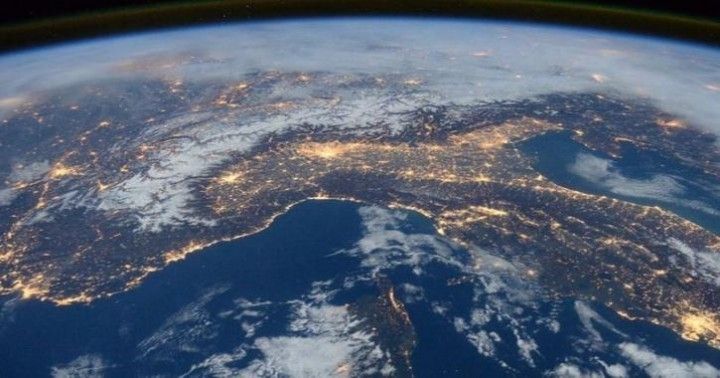
There are no second thoughts about the urgent need to cool the Earth today more than ever. If we want to prevent the worst impacts of global climate change, we may need to stop burning fossil fuels.
But in the meantime, scientists are looking for technological solutions such as geoengineering to lighten the load on Earth. A group of 60 scientists called for a moratorium on solar geoengineering last month, including technologies such as stratospheric aerosol injection (SAI). This means cooling the Earth by dimming the sun's rays.
What is geoengineering?
The prospect of engineering the world's climate system to address global warming is called geoengineering. One of the technologies associated with geoengineering methods is called stratospheric aerosol injection (SAI).
This involves a fleet of planes releasing aerosol particles – which reflect sunlight back into space – into the atmosphere, cooling the Earth.
Why worry the experts?
SAI might make the sky a bit whiter. But this is what our experts least care about.
A cooler Earth means less water will evaporate from its surface into the atmosphere, changing rainfall patterns. This can produce ripple effects throughout the world's ecosystems – but the exact nature of these effects depends on how the SAI is used.
How does it affect us and our ecosystem?
Poor coordination of aerosol release can lead to extreme rainfall in some places and severe drought in others, further fueling the spread of disease.
SAIs can also make natural disasters worse than they are today. Volcanic eruptions, such as Iceland's Eyjafjallajökull volcano in 2010, can naturally cool the Earth because clumps of ash block sunlight from reaching the planet's surface.
If this happened while the SAI was deployed, it would have to be adjusted immediately (no easy feat) to avoid overcooling one hemisphere and producing extreme weather patterns as a result.
Furthermore, the chemical composition of the ozone layer and the oceans can change permanently. Photosynthesis, which is dependent on sunlight, can slow down, possibly endangering biodiversity and agriculture. And global weather patterns can change unexpectedly.